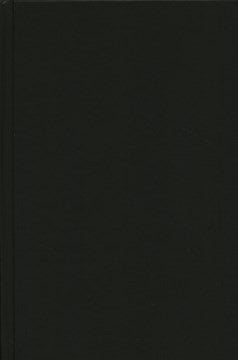
Information and Experimental Knowledge
Publisher,Univ of Chicago Pr
Publication Date,
Format, Hardcover
Weight, 625.96 g
No. of Pages, 364
What is experimental knowledge, and how do we get it? There is general agreement that experiment is a crucial source of scientific knowledge, much less about how experiment generates that knowledge. In this book, philosopher of science James Mattingly explains how experiments function. Specifically, he discusses what it is about experimental practice that transforms observations of what may be very sharply localized, very particular, very isolated systems into what may be global, general, integrated empirical knowledge. This involves showing how several activities that are sometimes thought merely to go under the name of experiment-natural experiment, analogical experiment, thought experiment, simulated experiment-really should count as generating experimental knowledge. To do this, he constructs a general model of experimentation and shows how these various practices fit into that model. Mattingly's premise is that the purpose of experimentation is the same as the purpose of any other knowledge generating enterprise--to change the state of information of the knower. This trivial-seeming point has a non-trivial consequence: to understand a knowledge generating enterprise, we should follow the flow of information. Therefore, the account of experimental knowledge Mattingly provides is based on understanding how information flows in experiments: what facilitates that flow, what hinders it, what the characteristics of different practices are with respect to how they allow information to flow from system to system, into the heads of researchers, and finally into our store of scientific knowledge--

